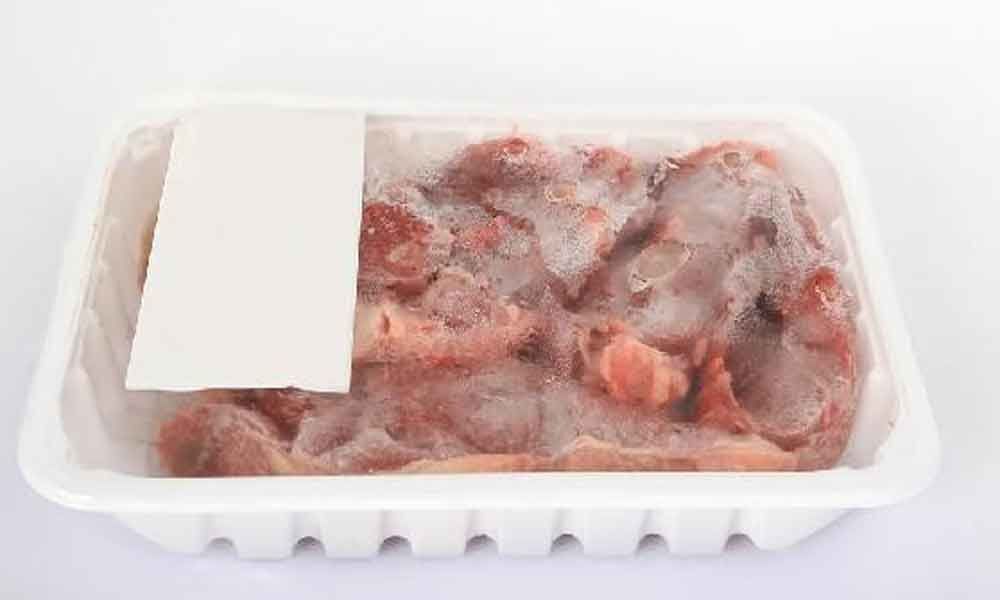Live
- Donate Blood, Save Lives: BJP Hosts Mega Blood Donation Camp in Aiza
- Azerbaijani Airliner Crashes Near Aktau, Kazakhstan: 32 Survive, Over 30 Feared Dead
- Union Minister Bandi Sanjay Kumar to Visit Jogulamba Gadwal District on December 27, 2024
- Gadwal Lawyers' United Protest: Opposition to District Court Relocation Gains Momentum
- Christmas Celebrations in Jogulamba Gadwal: A Festival of Unity, Charity, and Joy
- Lawyers Seek MP DK Aruna’s Intervention to Prevent District Court Relocation
- Israel, Hamas trade blame for delays in reaching Gaza ceasefire deal
- PM Modi, President Murmu extend Hanukkah greetings to Israeli counterparts
- Mohammad Abbas returns as Pakistan announce playing XI for Boxing Day Test vs South Africa
- Man Sets Himself on Fire Near Rail Bhawan in New Delhi, Investigation Ongoing









